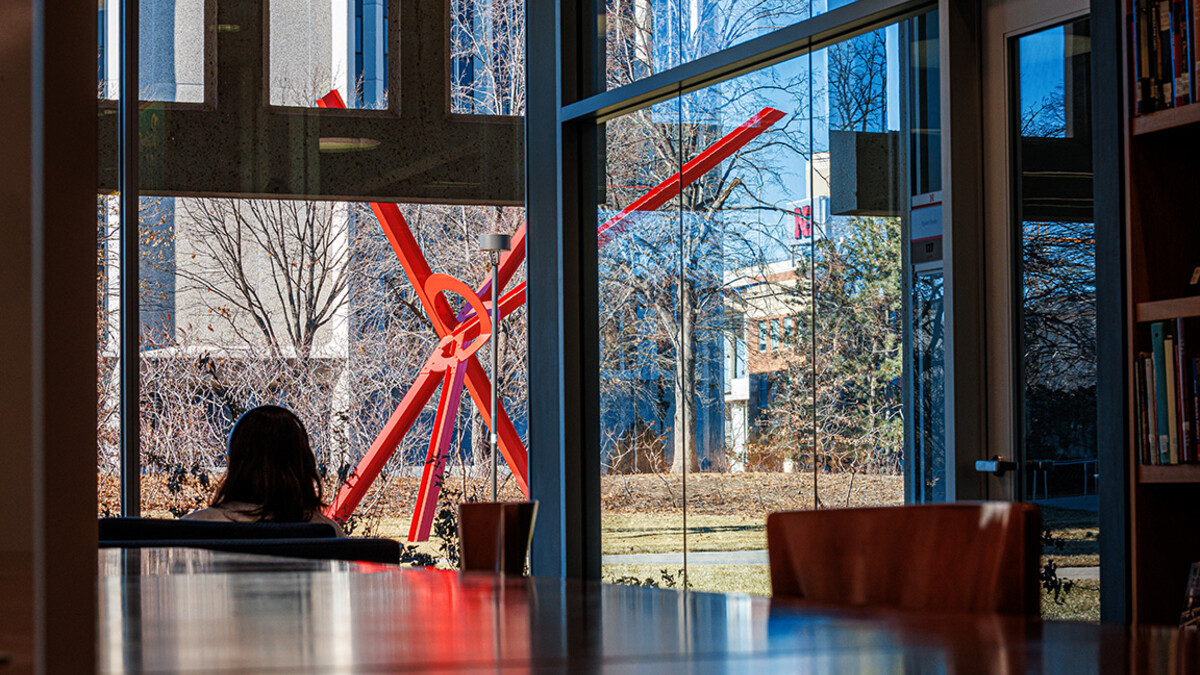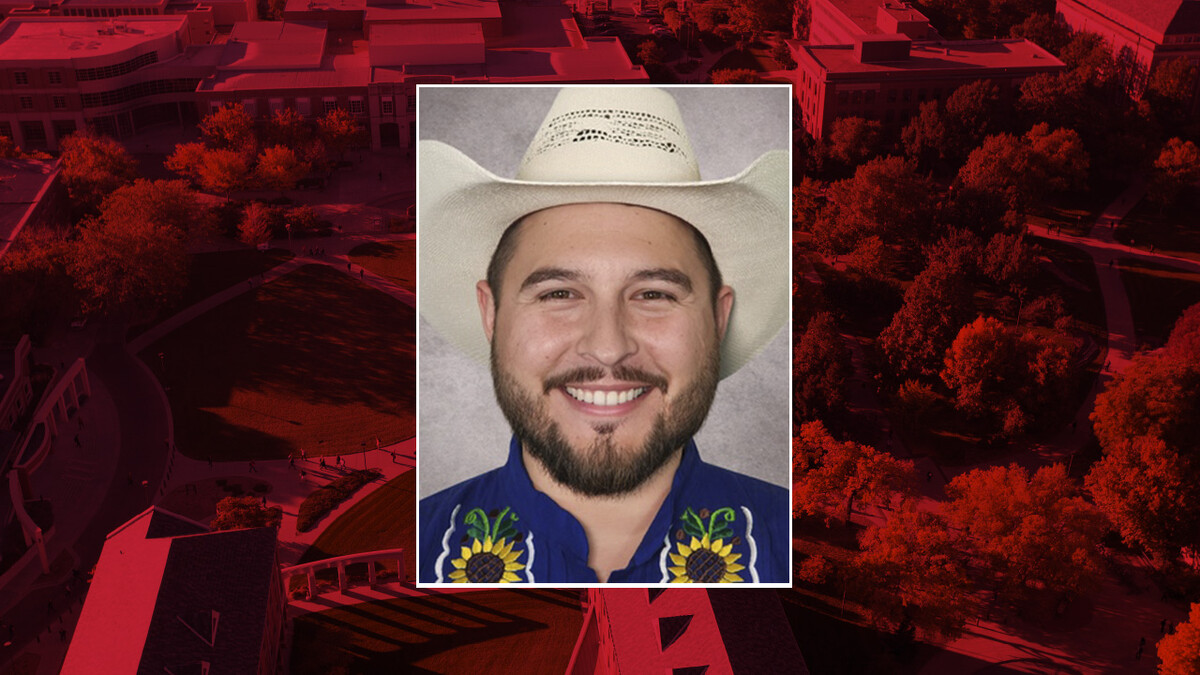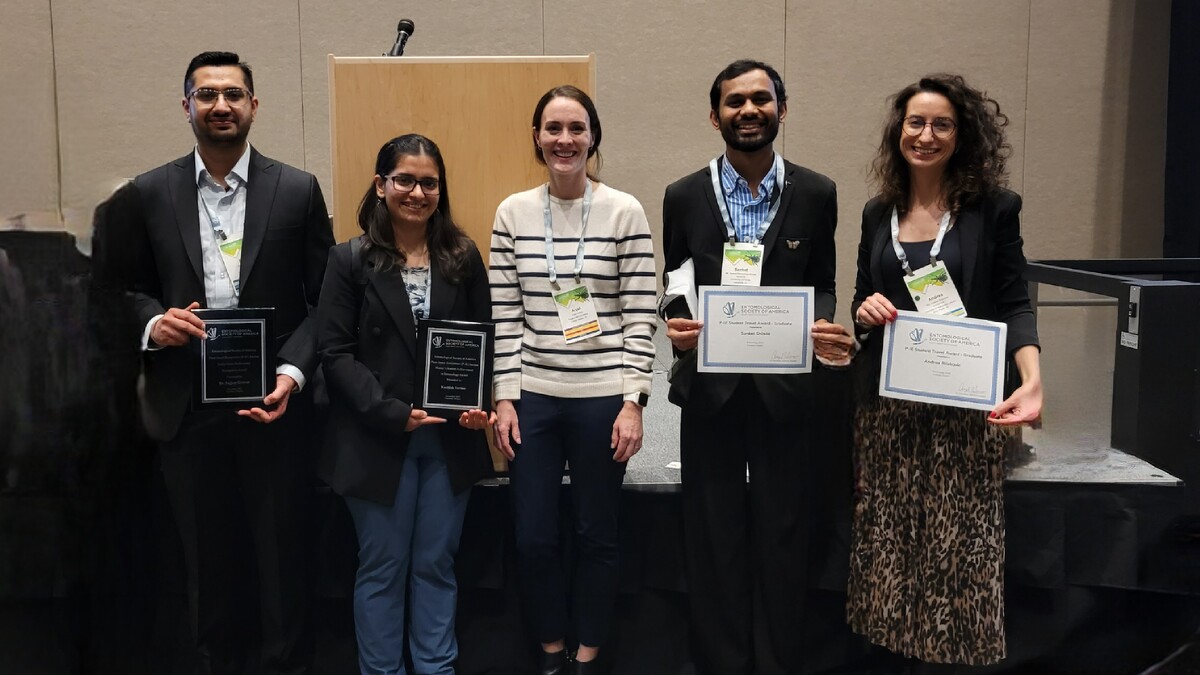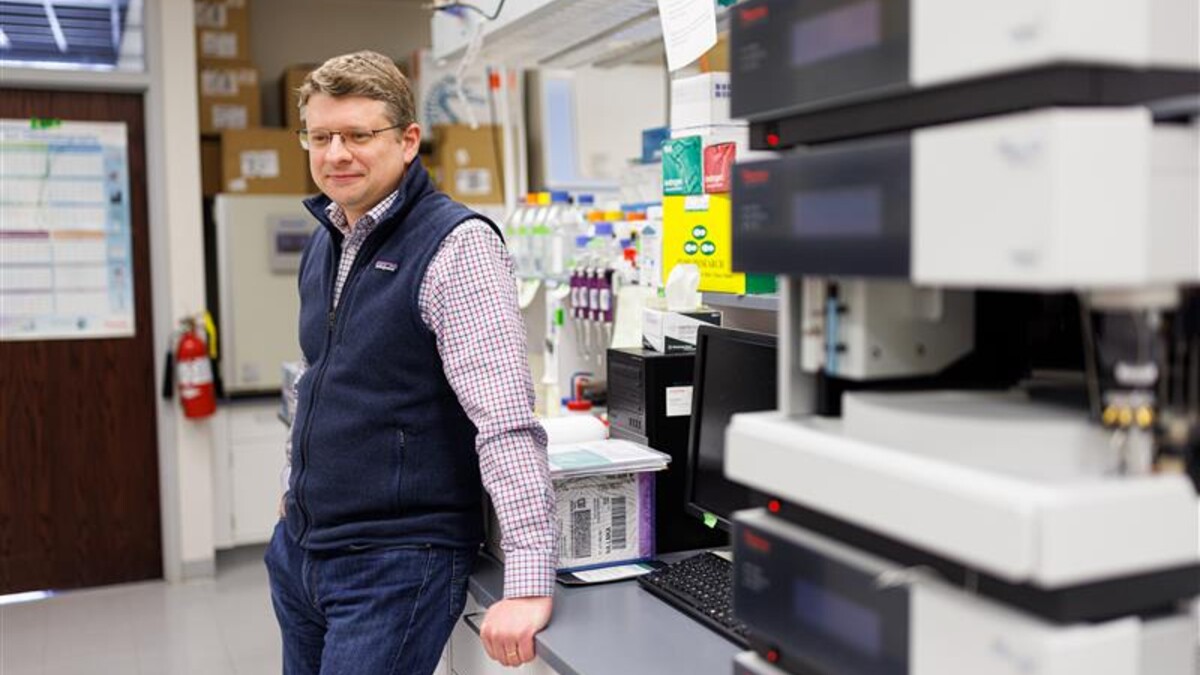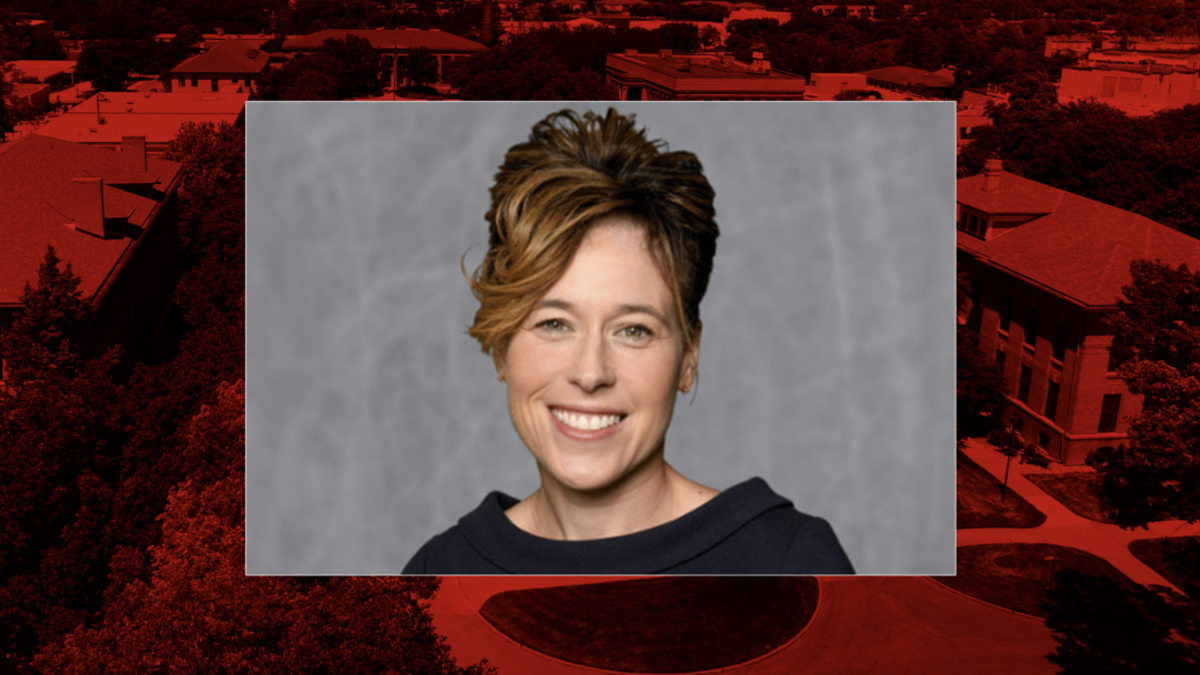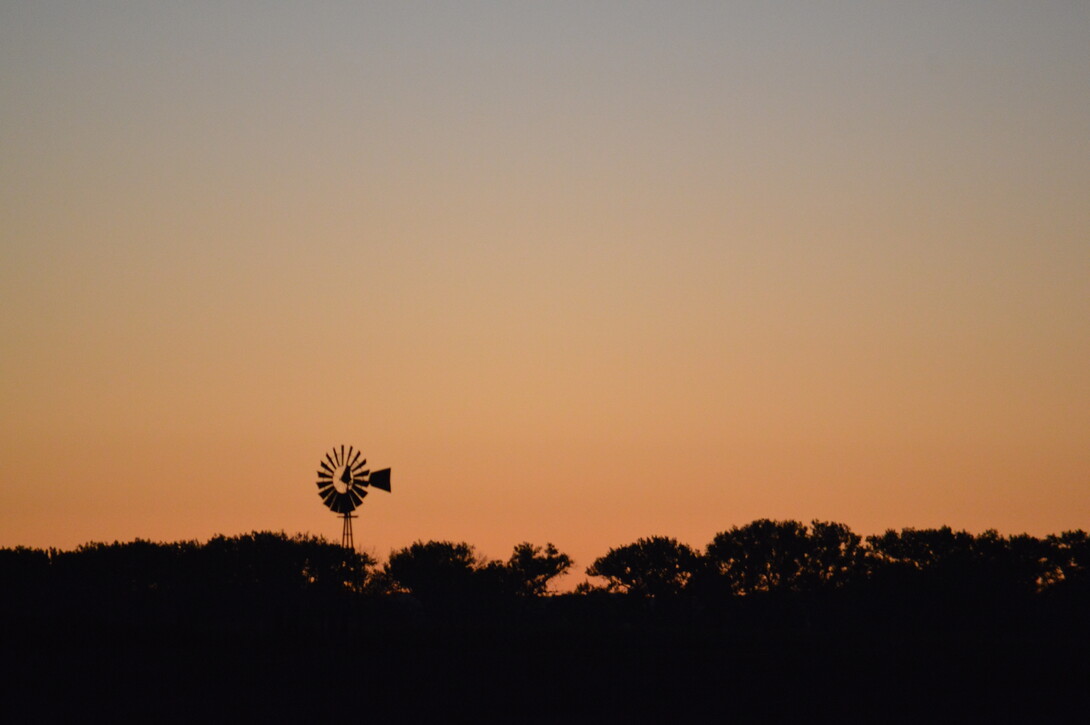
Lincoln, Neb. —Husker faculty are partners in a federally funded Midwest collaboration to promote climate resilience through outreach to native tribes and women owning farmland.
The $6 million project, involving University of Nebraska–Lincoln faculty across multiple disciplines, will focus on a four-state region of Nebraska, Iowa, Missouri and Kansas. The U.S. Department of Commerce and the National Oceanic and Atmospheric Administration (NOAA) are providing funding for the initiative over five years, with participation by a wide range of organizations.
The initiative is part of NOAA’s Climate Adaptation Partnerships (CAP) network, with 13 currently funded regional teams around the country.
Engagement of all segments of society is needed to maximize the effectiveness of climate-smart strategies, the federal agencies said. This initiative will work with communities to understand their needs and how they are responding to climate stress. To enhance community resilience, the project will develop data collection and decision-making tools including environmental monitoring and vulnerability assessments.
The name of the project is Co-LEARN: A Midwestern Community of Learning for Empowerment, Climate Adaptation and Resilience for the Next Generation.
“Our project will create ‘a community of learning’ in which members learn from and adapt to each others’ needs, constraints and knowledge, leading to more climate-resilient communities,” the Co-LEARN team said in a vision statement for the project. “Through a framework of ‘learning from and adapting to,’ we will connect social and natural scientists, communities and decision-makers.”
The project, the participants said, will be one in which “all parties involved are simultaneously learners and teachers. We assume that we do not initially have all the answers, but rather that our research questions will become increasingly focused and impactful through this collaborative process.”
In addition to developing climate-smart tools for community resilience, the project will enhance the development of “a diverse workforce of future climate professionals and leaders,” the team stated.
Martha Durr, professor in the School of Natural Resources and the former Nebraska state climatologist, has been the project’s principal investigator at UNL. Rezaul Mahmood, professor in the School of Natural Resources and director of the High Plains Regional Climate Center, took on that role in November.
The other participating UNL faculty are climatologist Mike Hayes, professor in the School of Natural Resources; Lisa PytlikZillig, research associate professor, and Kurt Mantonya, research manager, with the University of Nebraska Public Policy Center; Tirthankar Roy, assistant professor, and Aemal Khattak, professor, in Civil and Environmental Engineering.
The University of Iowa will provide the lead role overseeing the four-state project, of which UNL will receive about $822,000 over the five-year period.
Nebraska institutions participating in the initiative include the Nebraska State Climate Office, High Plains Regional Climate Center, Public Policy Center, Nebraska Indian Community College, Santee Sioux Office of Environmental Protection and the Center for Rural Affairs.
